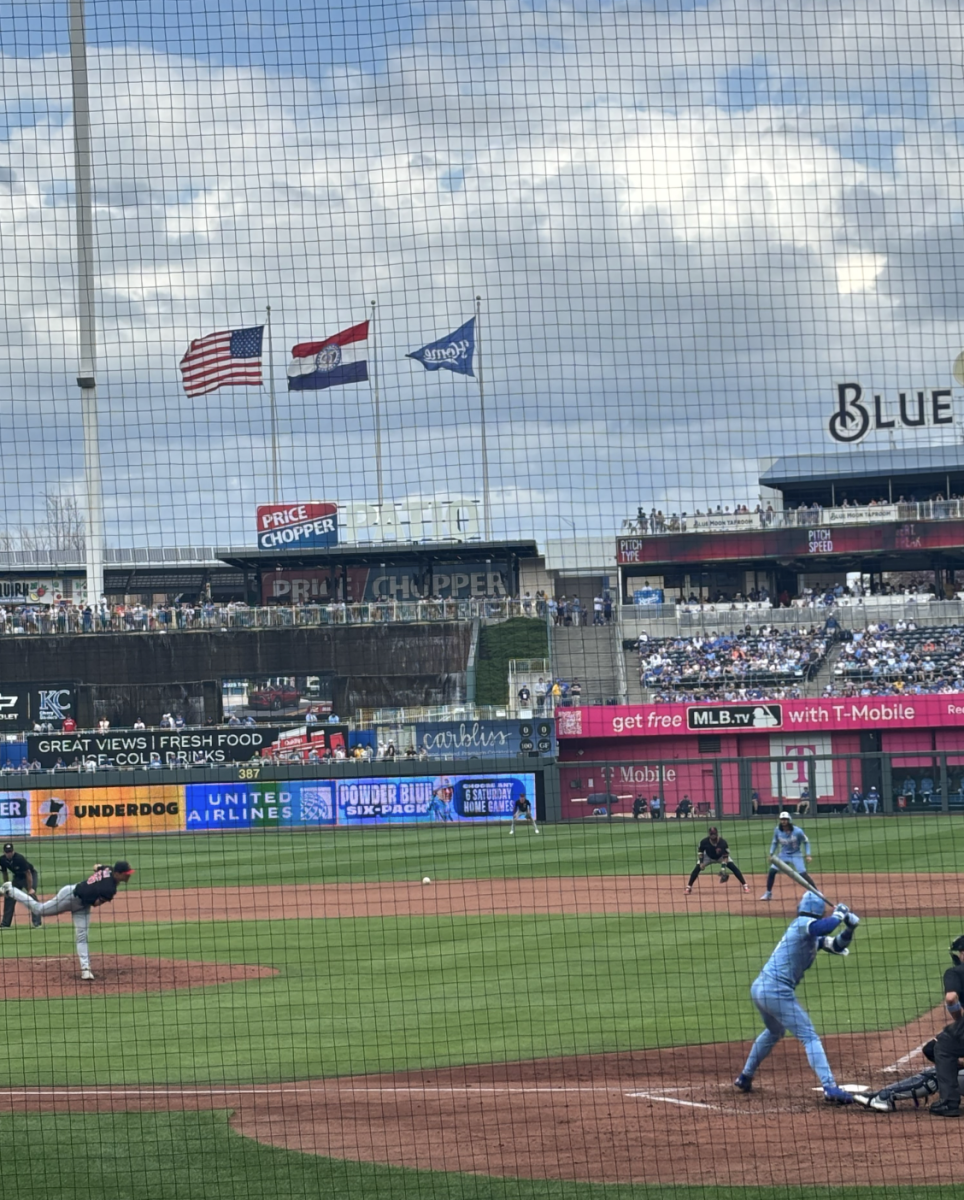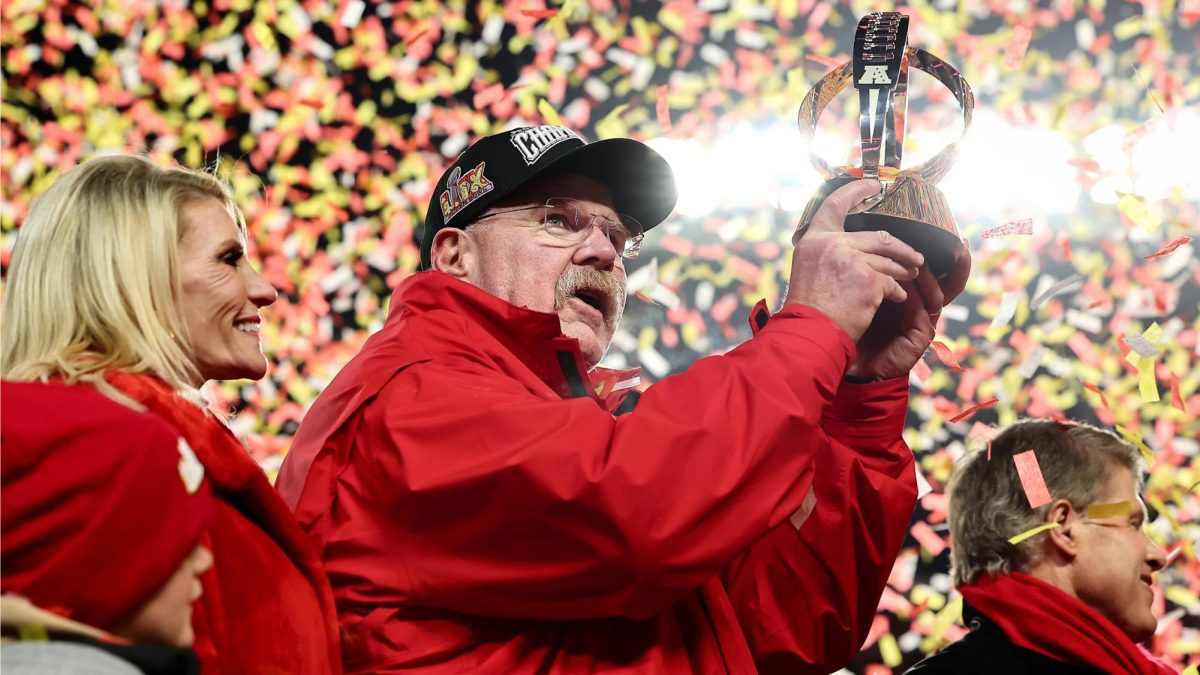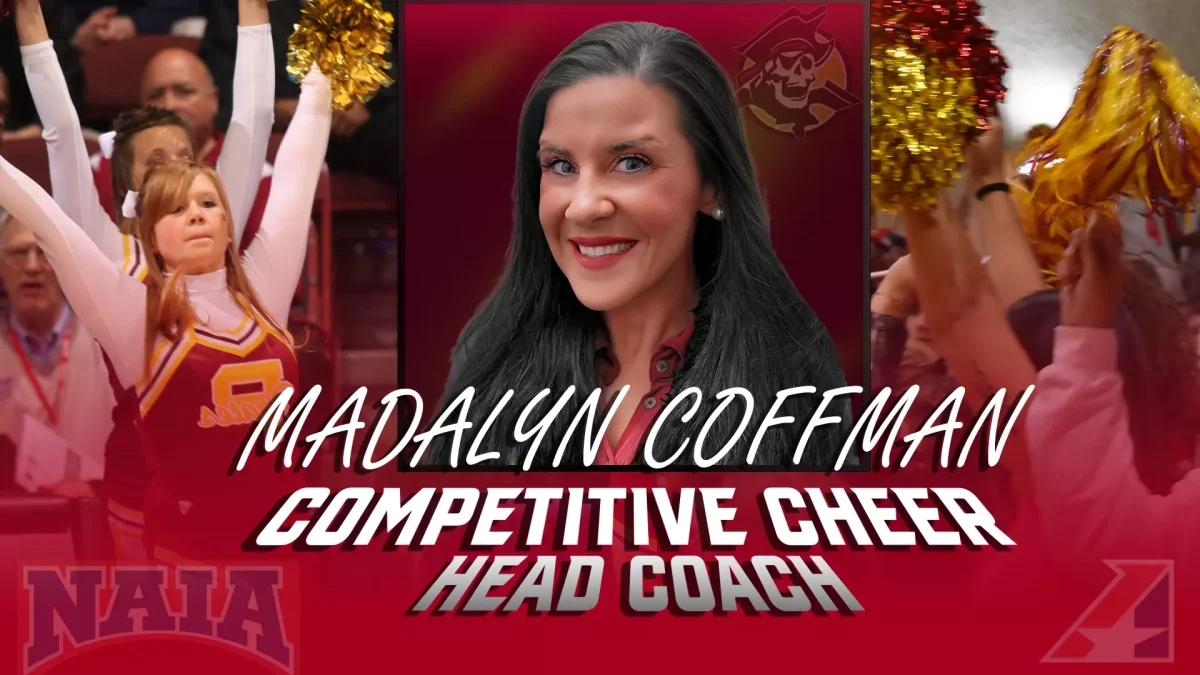After winning the CONCACAF Gold Cup, the United States National Team’s head coach, Jurgen Klinsman stated boldly, “Soccer is finally here. There’s nothing you can do to stop it. Soccer has made it to the U.S.”
Fans from around the MLS are beginning to show paralleled signs with fans from around the globe including The English Premiere League. This is especially true for the fans of Sporting Kansas City. Emblazoned on top of the section of the Cauldron – where indisputably the most ardent fans of SKC are – is a sign that reads: “Welcome to the Blue Hell,” an austere admonishment for visiting teams. Opposing teams quickly come to the realization that departing Kansas City with a draw would be a significant achievement.
So why is it that Sporting Park is such a formidable place to play? To answer this question and many others, I decided it best to go straight to the source. Although he may be an overwhelmingly busy man, Alan Dietrich, Sporting Kansas City’s Chief Operating Officer, welcomed the notion for an interview. We decide to meet at Mildred’s Coffee Shop downtown, close to where Dietrich works for Sporting.
Dietrich began working for Sporting in March 2012. He was initially assigned to the role of Vice President, overseeing areas where Sporting could improve with the overall “fan experience.” After noticeably excelling in this department and a mere four months later, he was asked to take on the role as Chief Operating Officer – an offer he couldn’t refuse.
Dietrich’s credentials and business expertise are indispensible for his current role. In the late 1980s, while working full time for IBM, he went back to school to get his Master’s Degree in business. Not just any university however, Dietrich enrolled in the University of Chicago, which is the third highest ranked institution in the country for those seeking to attain a MBA at the time.
After receiving his advanced degree, he then went to work for Cerner, incidentally his most lucrative position with a company until then. Yet something was missing. And it would take at least a decade for him to discover what that something was.
After some harmless banter discussing his professional life, I wanted to explore some of the reasons why Sporting is Kansas City’s most successful team. He paused after I asked the question, both of us taking a sip of the coffee. Exuding a mixture of competence and humility, he sighed.
“Well, it depends on how you measure success, right?” Dietrich said. “So, there’s success on the field, and in our particular case, we have a very strong leader and coach in Peter Vermes. He is a growing leader. And what I mean by that is, he continually learns and grows and experiments in models that he has seen or played in that have been successful. And he is a core strong leader, as you would hope any coach would be; he is the engine of the team. They all respect him and he respects them so there’s strength of relationship that is evident on the field. Frankly, I think that that attribute cannot be minimized. So that’s one key. I think another key is our strong ownership.”
I then asked how he would describe Sporting’s ownership in comparison with other Kansas City. There was no hesitancy in his response.
“First off, we have an ownership that consists of five individuals,” Dietrich said. “They are entrenched in the city and they are very focused on ensuring Sporting’s success. They are at all of the home games and they even make most of the away games, which is actually a rarity in sports nowadays.”
That is certainly impressive.
“And, perhaps the most essential component of all is the city itself, and how it has embraced the sport of soccer, or ‘football’ as the rest of the world knows it by,” he said. “The new stadium and the new name and everything we’ve tried basically, the city has just embraced all of it wholeheartedly. And that I think is a testament to an open-minded, enthusiastic and palatable culture of Kansas City.”
“What I mean by that is—you look at how the city gets behind the Royals and obviously the Chiefs, and frankly you look at when a team is not doing well and how the city really cries out for the team to turn things around. Frankly, this is just a really strong sports town. No matter how perilous the season may be, we still support our teams. Just the other day I was reading an article about the Kansas City Mavericks hockey team and the strong support that they receive.”
He reiterated how strong of a sports city Kansas City is and how whether directly or indirectly that support for success nourishes support for Sporting and by extension other Kansas City Sports franchises.
“Strict adherents of the Chiefs and Royals learn of our success and it instills hope,” he said. “They ask themselves, ‘If Sporting can consistently make the playoffs then why can’t we?’ Or rather, if they can do it, so can we.”
I’ve noticed how there has always existed a palpable tension between fans of soccer and fans of American football—incidentally, a misnomer cogent to every other country in the world. So I asked Dietrich if he found that to be the case in Kansas City.
“I have sensed that there is a strong support for the other,” he said. “I’ve discovered a dichotomy. For instance, there is the mindset of scarcity and the mindset of abundance. The mindset of scarcity would say if a fan attends your thing they’re not going to support my thing. And I do not find that to be the case here in Kansas City, I see the abundance mindset. Meaning, if that team does well it raises the spirits of the city, therefore brushing over to the next team. So with that said, we want all teams to do well, sort of like the ‘tide rising’ so to speak.”
To my disappointment, I knew I didn’t have much more time with him. Like most successful Chief Operating Officers, he had a job that required his undivided attention and his own unique tending. But, I only had one more question for Mr. Dietrich, albeit a loaded, multi-facetted one. I asked Dietrich that if in his lifetime he thought the sport of soccer would entrench itself into the minds and spirits of American citizens. To phrase it another way, could or did he ever predict the MLS being broadcasted in the media the way it is currently. He gave a slight shake of the head before giving his answer.
“Well, my perspective on the MLS right now is like a wave that is building and in it’s wake, a great siege of momentum is permeating the country,” he said. “Cities similar to Kansas City, like Seattle and Portland for instance, are three that come to mind that I’ve experienced. And, perhaps Kansas City being one of the strongest of the three: one see’s palpable momentum in the city, unrelenting support for the team, the sold-out stadium and the really strong, young fan-base. The passion that Sporting fans have is so infectious; it almost takes you by surprise.”
Dietrich also discussed the future of the MLS with this relatively young fanbase.
“But, if you look at the core of our fan-base it’s probably very early 20s to mid-30s,” he said. “That’s just a relatively young fan-base for a sport. I’ve also noticed that in the other cities aforementioned, younger crowds are more prevalent as well, and that is an attractive statistic for prospected investors in other cities contemplating investing large sums of money to galvanize a soccer franchise of their own. As a matter of fact, Orlando is beginning to position themselves for a team—New York has already announced, in addition to the Red Bulls, that they are going to introduce another team. There are also five other cities that are now expressing an interest in saying, ‘this is a direction that we are going to start pursuing.’ So as the league grows and this momentum builds, the popularity of the sport continues to expand and almost explode. I would be remiss if I didn’t mention the success of the United States Men’s National Team, and the impact that their success has conferred on the league. So, if you put all those factors together, you have a sport that is on the rise in the U.S.”
As I sat there in Mildred’s absorbing all of this newfound information regarding a sport that I love, I couldn’t help but thank the man profusely for giving up his time to answer a few questions, oh, and also for the cup of coffee he had bought before I arrived. He mentioned it was the least he could do for all of the home-game tickets I’ve purchased.
Before he left however, he made sure I still had his contact information. I pulled out my wallet reassuringly and held out his business card. “You be sure to hold on to that, next time I might be the one asking all the questions,” he said to me.
I didn’t leave right away, I couldn’t. I wanted this indescribable feeling to last as long as possible. I continued to smile stupidly for an indeterminable length of time, probably causing others to feel discomfort as if I knew something of grave importance that they didn’t. Although it may not be of grave importance, this feeling of splendor, of being in the know, was utterly intoxicating.
The only thing that slightly perturbed me was an abandoned Kansas City Star sports section. Instead of sky blue jerseys and hair I saw a sea of red and yellow and hard-helmets. Patience, I mused. Patience.
I would venture to guess that a generation ago, if an individual would’ve conjectured that the MLS would one day turn a profit, the way it is now, he or she would’ve been condemned, deemed a blasphemer to the religion NFL, and ostracized from family gatherings, especially Thanksgiving where family members are comatose from binge-eating; one eye shut and one eye on the television, glossily gazing at individuals who are required to wear helmets and shoulder pads in order to mitigate possible deleterious effects on their brain and spinal tissue.
Similar to the Roman Empire and the gladiatorial games, perhaps this sensational obsession of watching individuals pummel one another into the ground will one day be a topic for historians.








